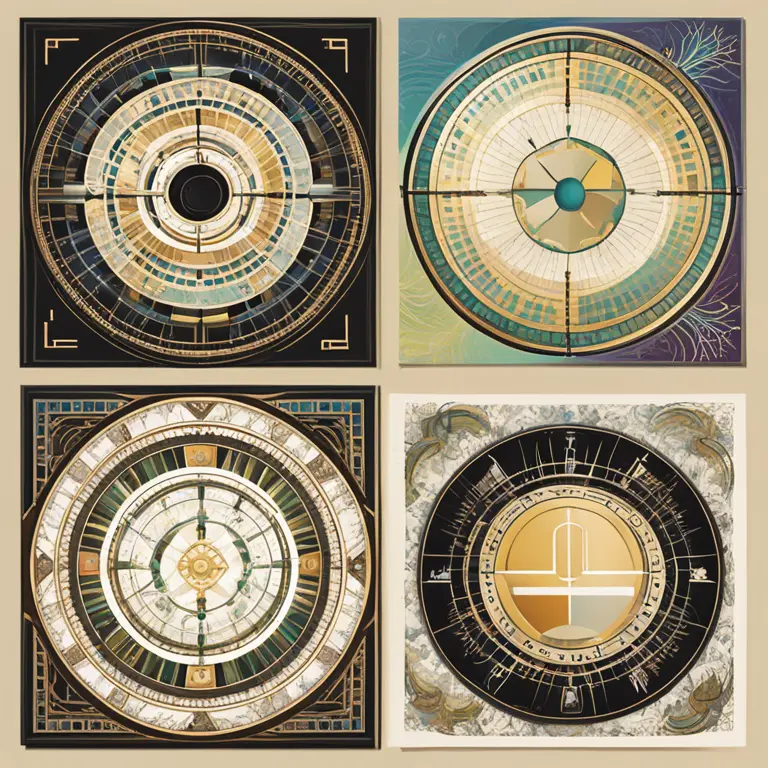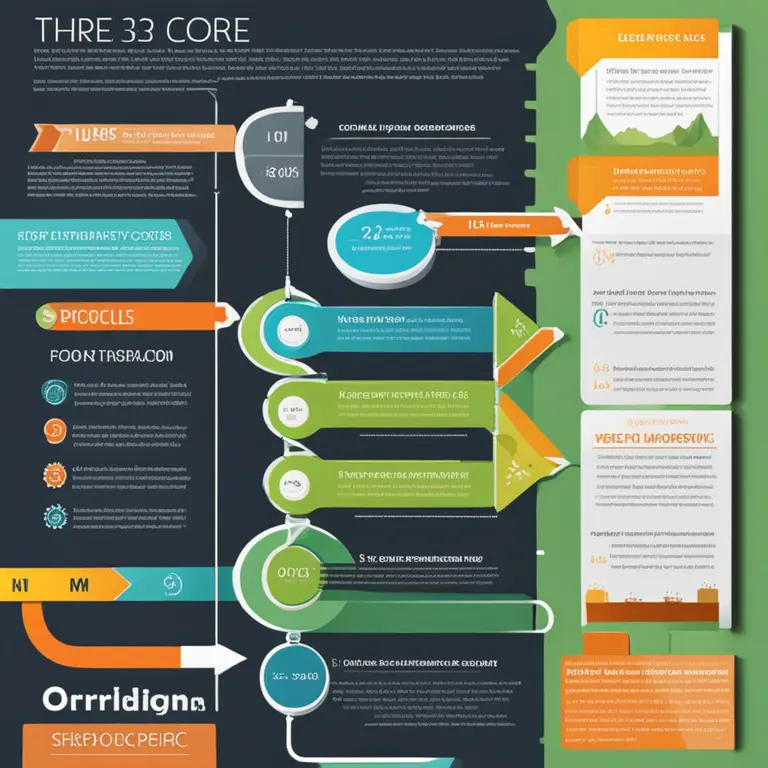
The Essential Guide to Biorhythm Cycles
Discover the science of biorhythm cycles and how they affect your physical, emotional, and intellectual well-being in our comprehensive guide.
article by Adrian Wallace
Introduction to Biorhythms
In the quest for personal insight and self-improvement, biorhythms provide a captivating avenue for exploration. Originating from the idea that our lives are influenced by natural physiological cycles, biorhythms claim to predict various aspects of one's well-being by examining three foundational cycles: the physical, emotional, and intellectual. As we forge ahead into 2024, the study of these intrinsic patterns remains a popular and intriguing facet of personal health and planning.

The Three Core Cycles
These cycles begin the moment we are born and ebb and flow in consistent sine wave patterns throughout our lives, with each cycle having a distinctive duration. The physical cycle, with a 23-day period, purportedly governs our stamina, strength, and overall physical condition. The emotional cycle, lasting 28 days, is said to affect our mood and creativity, while the 33-day intellectual cycle supposedly determines our analytical thinking and decision-making capacity. By monitoring these cycles, individuals may aim to make informed choices in their daily lives.

Analyzing Your Biorhythms
Nowadays, a myriad of applications and online tools offer to calculate your personal biorhythms, providing tailored charts that elucidate when you might be at a peak, trough, or crossing point in each of these cycles. Advocates of biorhythm theory suggest timing important events, such as job interviews or competitive activities, to coincide with positive phases, while recommending rest and introspection during the less auspicious periods.

Biorhythms and Compatibility
Biorhythm compatibility evaluates the synchronicity of cycles between partners, offering insights into the potential highs and lows in a relationship. The belief is that by understanding these patterns, couples can better navigate the complexities of interpersonal dynamics, celebrating their harmonies and bracing for challenges.

Criticism and Skepticism
Despite the interest in biorhythms, critics point to a lack of empirical evidence supporting their predictive power. Scientists argue that while biorhythms may have a seductively simplistic appeal, they should not be used as concrete guides for life decisions. However, for many enthusiasts, they remain a valuable self-reflection tool, promoting awareness and mindfulness in life's journey.
Future of Biorhythms
As we continue to delve into the realms of holistic wellness and personalized health, the fascination with biorhythms is likely to persist. With advances in technology, we might see more sophisticated ways to track and analyze our cycles, integrating them perhaps with biometric data to enhance health and productivity forecasts in seamlessly personalized management systems.
Conclusion
Whether or not one subscribes to the full extent of biorhythm theory, there is an undeniable allure in seeking patterns and rhythms in our daily existence. As we move forward in the 21st century, the significance we afford to these patterns will undoubtedly reflect our ongoing quest to harmonize our lives with the complex cycles of the world around us.
Published: 1/25/2024
Modified: 1/25/2024
More predictions
Come back here soon to learn more about yourself and your future


The Basis of Biorhythms: An Insight into Biological Cycles
Delve into the concept of biorhythms, the belief in rhythmic biological processes that purportedly influence human physiology and behavior.


The Basis of Biorhythms: Biological Cycles Explored
Delve into the foundations of biorhythms and discover how these natural cycles influence our daily lives and well-being.


The Intersection of Biorhythms & Astrology Explored
Discover the link between biorhythms and astrology to gain insights into your life's patterns and potential.